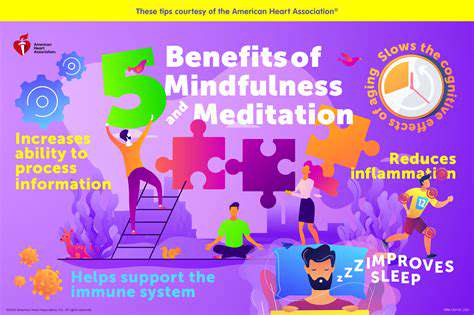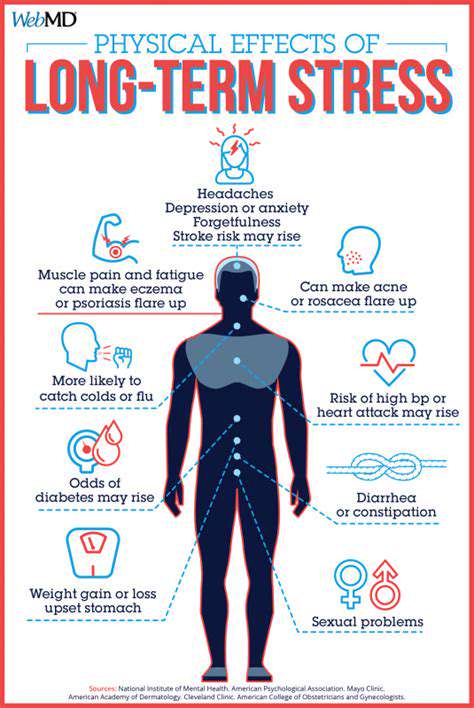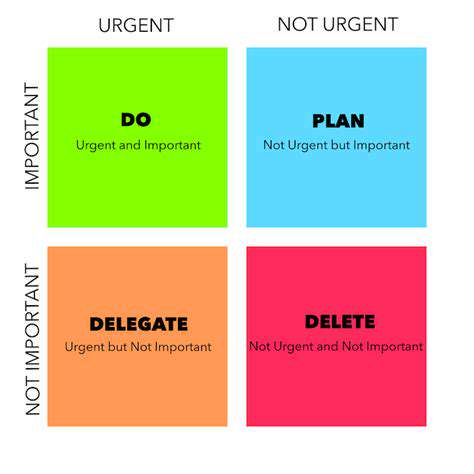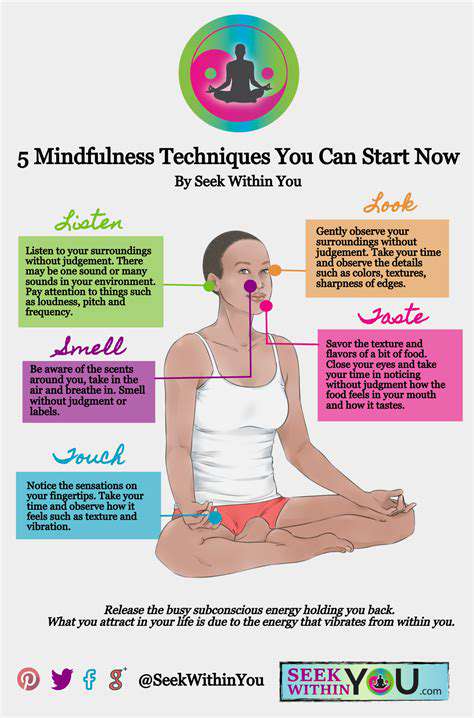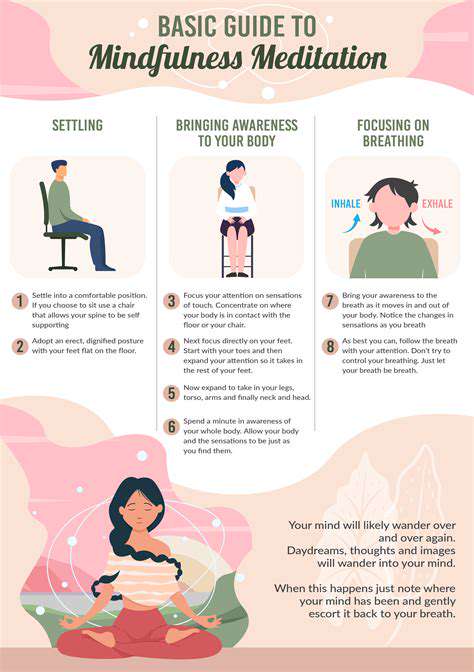The Benefits of Mindfulness Practices for Enhancing Cognitive Function and Attention Span
What is Mindfulness?
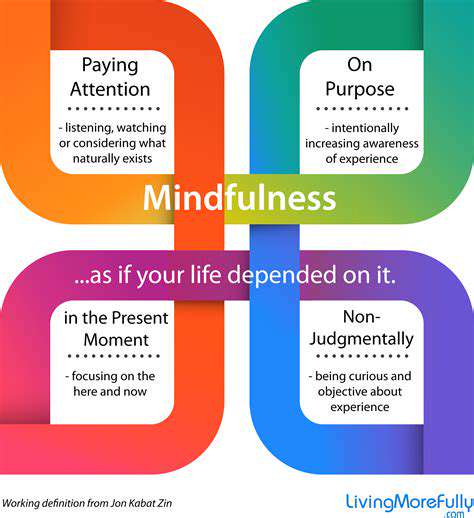
Understanding Mindfulness
Mindfulness is the practice of being present and fully engaged with the current moment without judgment. This means observing thoughts, feelings, and sensations as they occur, rather than getting lost in them. Practicing mindfulness can enhance self-awareness and emotional regulation, leading to more effective decision-making.
Rooted in ancient meditation traditions, mindfulness has been adopted in modern psychology as a tool for improving mental health. It encourages individuals to notice their internal experiences—thoughts, emotions, and physical sensations—fostering a greater connection to themselves and their surroundings.
Research shows that mindfulness can enhance attention span by training the brain to focus on relevant stimuli while ignoring distractions. This skill is particularly beneficial in our fast-paced, information-saturated world.
The Cognitive Benefits of Mindfulness
Mindfulness practices have been linked to improvements in working memory capacity. This is significant because a strong working memory is essential for tasks that require cognitive functioning such as problem-solving and reasoning.
Additionally, mindfulness promotes neural plasticity, which is the brain's ability to adapt and change. This adaptability can enhance cognitive flexibility, allowing individuals to switch between tasks and perspectives more efficiently.
Studies suggest that regular mindfulness practice can lead to slower cognitive decline as we age. This implies that incorporating mindfulness into daily routines may contribute to long-term cognitive health.
Mindfulness and Attention Span
The practice of mindfulness has been shown to significantly improve attention span. By focusing on breathing and bodily sensations, mindfulness meditation helps train the mind to reduce distractions and maintain focus.
Short sessions of mindfulness can reset the brain's attention systems, allowing for improved concentration in both professional and personal environments. As a result, individuals may find they can engage more deeply with their tasks and responsibilities.
Moreover, attention restoration theory suggests that mindfulness allows for recovery from cognitive fatigue. With improved attention restoration, individuals are better equipped to handle demanding cognitive challenges in their everyday lives.
How Mindfulness Sharpens Attention Span
Understanding Attention Span
Attention span refers to the amount of time a person can concentrate on a task without becoming distracted. This capability is crucial in a world filled with various stimuli vying for our focus. Modern life often challenges our ability to maintain attention due to constant notifications, social media, and fast-paced environments.
Research shows that the average attention span has decreased in recent years, which can impact learning and productivity. Understanding the factors that contribute to attention span can help individuals and organizations develop strategies to optimize focus and enhance cognitive performance.
Factors affecting attention span include mental health, sleep quality, nutrition, and external environment. Understanding these elements allows practitioners of mindfulness to tailor their approaches, making it easier to cultivate longer and more sustained attention.
The practice of mindfulness can provide effective tools and techniques aimed at increasing one's attention span, offering strategies that foster greater mental clarity and focus. By training the mind to concentrate better, individuals can improve not only their attention span but also their overall cognitive abilities.
The Role of Mindfulness in Cognitive Function
Cognitive function encompasses a variety of mental processes, including memory, reasoning, problem-solving, and decision-making. Mindfulness practices have been shown to have a positive influence on these cognitive abilities by promoting a greater sense of presence and awareness.
Research indicates that regular mindfulness practice can enhance working memory and improve executive function, leading to better decision-making and problem-solving skills. These improvements can be attributed to increased brain connectivity in areas associated with cognitive processing.
By grounding individuals in the present moment, mindfulness helps reduce rumination and distractions, allowing for clearer thinking and the ability to engage more deeply with tasks. This heightened awareness is essential for effective cognitive functioning and can lead to more innovative and creative outcomes.
Moreover, enhanced cognitive function gained through mindfulness can contribute to better emotional regulation. Thus, the benefits of mindfulness practices extend beyond just cognitive abilities, fostering an overall better mental state conducive to effective functioning.
Mindfulness Techniques to Improve Attention
There are several mindfulness techniques that individuals can adopt to improve their attention span. One of the most commonly practiced methods is focused breathing, where individuals concentrate on their breath, allowing their thoughts to come and go without attachment.
Body scan meditations are another effective technique, encouraging individuals to tune into various sensations throughout the body. This practice not only graces the mind but also deepens the connection to the physical self, promoting a holistic approach to mindfulness.
Mindful listening exercises help in sharpening attention by focusing solely on auditory information without judgment. Engaging fully in conversations and taking note of the nuances can significantly enhance attentional capacity.
Incorporating these mindfulness practices into daily routines, even for a few minutes, can lead to noticeable improvements in concentration and focus. Regular engagement can transform attention habits and create a more attentive and effective mindset.
Long-Term Benefits of Mindfulness on Attention and Learning
Long-term practice of mindfulness is linked to sustained improvements in attention span and cognitive function. This longevity of benefit stems from the neuroplasticity of the brain, which adapts and rewires itself through consistent practice.
Studies have shown that mindfulness practitioners often experience decreased levels of anxiety and stress, factors that can heavily disrupt attention and cognitive performance. By fostering a calm and focused mind, individuals can significantly enhance their learning capabilities over time.
Furthermore, mindfulness develops metacognitive skills, enabling individuals to better regulate their attention and recognize when they are becoming distracted. This self-awareness is fundamental to maintaining focus and can lead to improved academic and professional performance.
Ultimately, the integration of mindfulness into one’s lifestyle benefits not only personal productivity but also enhances overall well-being, creating a foundation for lifelong learning and personal growth through improved attention and cognitive function.
Enhancing Overall Cognitive Function
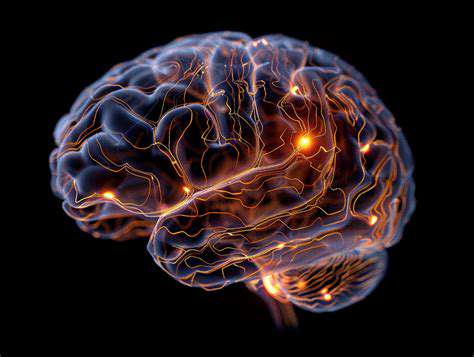
Improved Focus and Attention
Mindfulness practices, such as meditation, have been shown to significantly enhance focus and attention span. By training the mind to concentrate on the present moment, individuals can reduce distractions and improve their overall cognitive performance. Regular engagement in mindfulness exercises helps develop greater control over one's thoughts, enabling better task completion.
This is particularly beneficial in environments filled with potential distractions, where maintaining attention can be challenging. Those who practice mindfulness often report feeling more grounded and less overwhelmed. As a result, they can better manage their cognitive resources throughout the day.
Moreover, improved attention contributes to higher productivity levels. With a sharpened focus, individuals are able to accomplish more in a shorter amount of time, leading to a sense of achievement.
Enhanced Memory Retention
Mindfulness has been linked to improvements in memory retention. By cultivating a calm mind, practitioners can better encode and retrieve information. This capacity for improved memory can be particularly advantageous for students and professionals alike.
When individuals practice mindfulness, they create a favorable mental environment for learning. Reducing stress and anxiety has been shown to enhance memory recall. Hence, adopting mindfulness practices can lead to better academic and work performance.
Reduction of Cognitive Overload
In our fast-paced world, cognitive overload can hinder performance and decision-making. Mindfulness practices provide a solution by teaching individuals how to manage and reduce the clutter in their minds. By taking regular breaks to practice mindfulness, one can clear mental fog and improve clarity.
Mindfulness encourages a sense of stillness that allows thoughts to settle. As a result, individuals experience greater clarity in their thinking and improved problem-solving abilities. This aspect of mindfulness is crucial, especially in high-stress situations where quick thinking is required.
Incorporating Mindfulness into Daily Life
Creating a Mindful Morning Routine
Starting the day with a mindful morning routine sets a positive tone for the hours ahead. It can include practices such as meditation, deep breathing exercises, or gentle stretching. These activities help to ground individuals in the present moment, reducing anxiety and allowing for a clearer mind.
Incorporating mindfulness into your morning can enhance focus and prepare you for the day's challenges. By taking just a few minutes each morning to breathe deeply and set intentions, you can cultivate a mindset that prioritizes clarity and awareness throughout the day.
A mindful morning routine also provides a space for gratitude and reflection. Taking time to acknowledge what you are thankful for can shift your perspective and promote a more positive outlook, which can be beneficial in enhancing cognitive function throughout the day.
Lastly, consistency is key. Creating a routine that you commit to daily can transform your relationship with time and enhance your ability to maintain attention spans during tasks, fostering a greater sense of well-being and efficiency.
Mindful Breaks Throughout the Day
Integrating short, mindful breaks throughout your day is essential for recharging and maintaining cognitive function. These breaks can be as simple as stepping away from your desk to take a few deep breaths or engaging in a brief guided meditation.
Mindful breaks can help prevent burnout and fatigue, allowing for clearer thinking and improved problem-solving abilities. Even just a five-minute pause every hour can drastically enhance concentration and motivation, enabling you to approach tasks with renewed energy.
During these breaks, it’s also beneficial to disconnect from screens and technology. Engaging with nature, even briefly, or simply observing your surroundings mindfully can foster a greater connection to the present and reduce distractions, thus enhancing your attention span.
Moreover, these breaks can serve as a reminder to practice self-care. By tuning into your body and mind, you can better assess when you need rest or a change in activity, leading to improved overall productivity and cognitive health.
